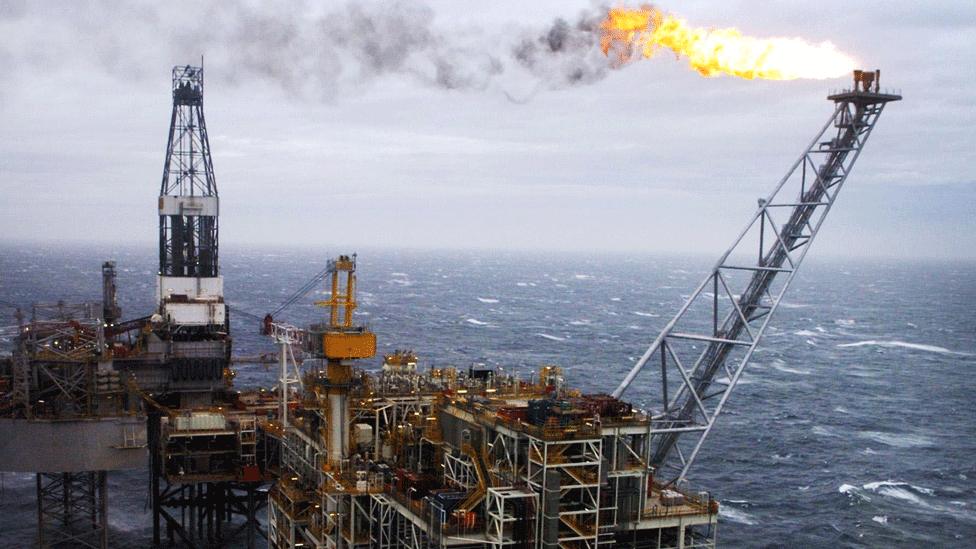Cambo oil field project 'could jeopardise deep sea life'
- Published
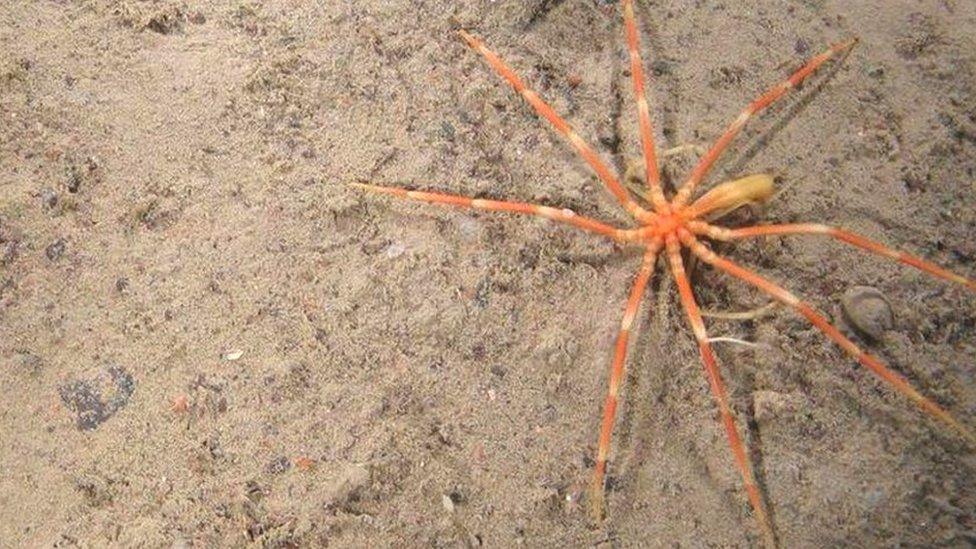
There are concerns about deep sea species
The proposed Cambo oil field project could jeopardise hundreds of species and contribute to the climate crisis, environmental groups have warned.
Environmentalists said pipelines would cut through the Faroe-Shetland Sponge Belt, a UK Marine Protected Area.
The warning comes amid controversy over whether the project, thought to contain hundreds of millions of barrels of oil, should get the go-ahead.
The UK government said an environmental impact assessment would be carried out.
The Cambo oil field is situated approximately 125km (75 miles) to the west of the Shetland Islands in water depths of between 1,050m (3,445ft) and 1,100m (3,609ft).
Five different water masses meet in the area, bringing nutrients that help deep-living cold water species to thrive, including sponges known as "cheese-bottoms", worms, and long-lived molluscs called ocean quahog.
A review from the Environmental Law Alliance Worldwide warned that the project "could jeopardise hundreds of species over several decades, as well as livelihoods".
Sixteen marine protection and climate groups - including Greenpeace UK, WWF UK, the Marine Conservation Society and Friends of the Earth Scotland - have written to the offshore oil and gas environmental regulator, Opred, asking it to include marine impacts when assessing the Cambo drilling application.
They raised concerns about the likely impacts the pipelines would have on the seabed, on hundreds of marine species and on the local fishing industry, and underline the devastation that an oil spill in the area would cause.
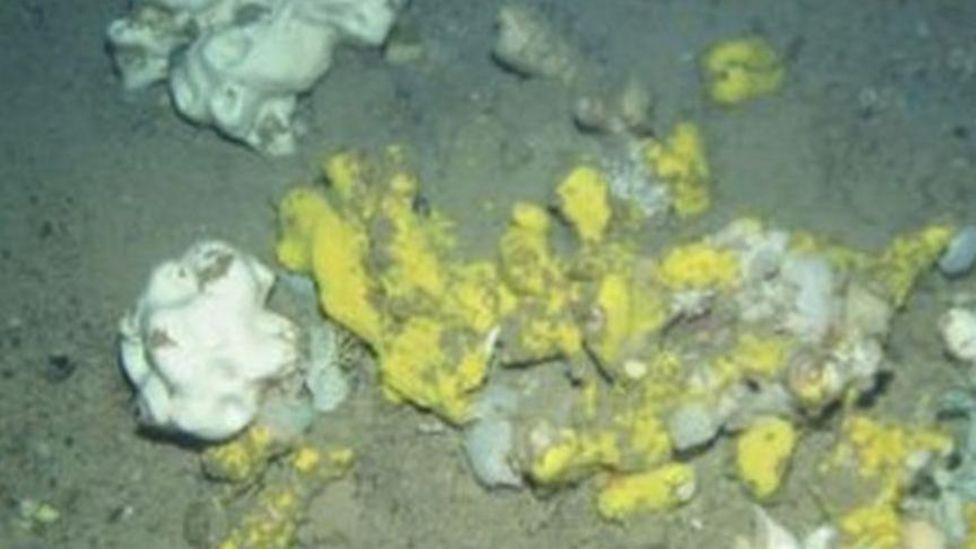
The large gatherings of sponges have been nicknamed "cheesy-bottoms"
Calum Duncan, of the Marine Conservation Society, said the "precious sponge belt" needed to be protected.
"Construction, movement and potential leaking from this pipeline could have devastating consequences for deep-sea sponge and protected features already under pressure from damaging activities such as deep-sea trawling", he said.
Tessa Khan, of Uplift, said: "This new oil field will contribute to the climate crisis while potentially damaging a sensitive underwater world. Everyone loses except the oil companies."
Environmental campaigners have been calling on the UK government to stop Siccar Point Energy's Cambo proposal, in which oil and gas giant Shell has a stake.

A UK government spokesman said the Cambo oil field was originally licensed in 2001. He added: "Development proposals for oil fields under existing licences are a matter for the regulators: the Oil and Gas Authority and Opred, following their standard regulatory processes.
"As part of regulatory process, Opred complete an environmental impact assessment and a public consultation on any proposal, including ensuring the impact on the marine environment is taken into account."
The UK government's Scottish secretary, Alister Jack, recently said that the new field should get the go-ahead, arguing that it would be "foolish to think that we can just run away from oil and gas".
Siccar Point Energy said it was committed to "producing oil and gas responsibly" during a transition away from fossil fuels.
A spokesman added: "The export pipeline from Cambo is for gas. All our environmental work is underpinned by extensive special scientific analysis and research, predominantly using external specialists."
Shell declined to comment.


- Published8 November 2021
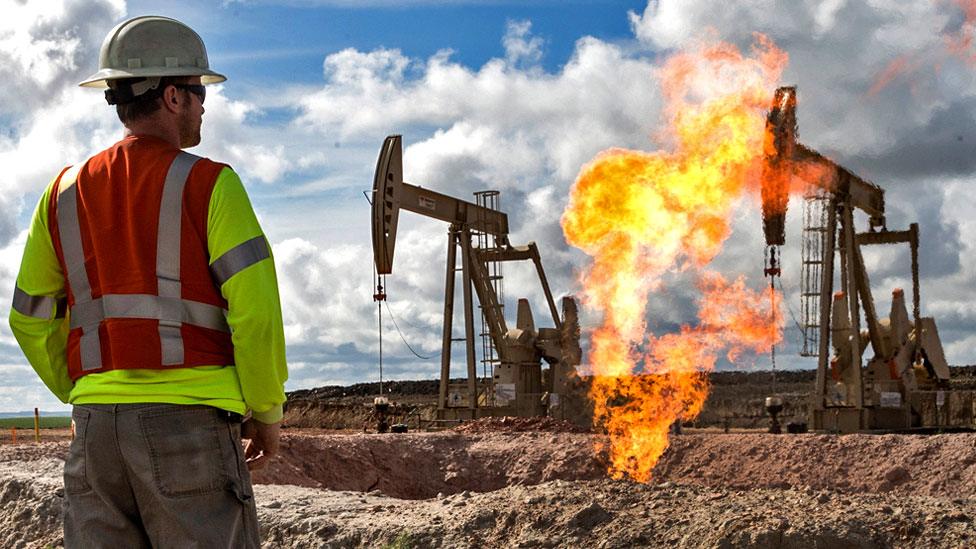
- Published3 November 2021
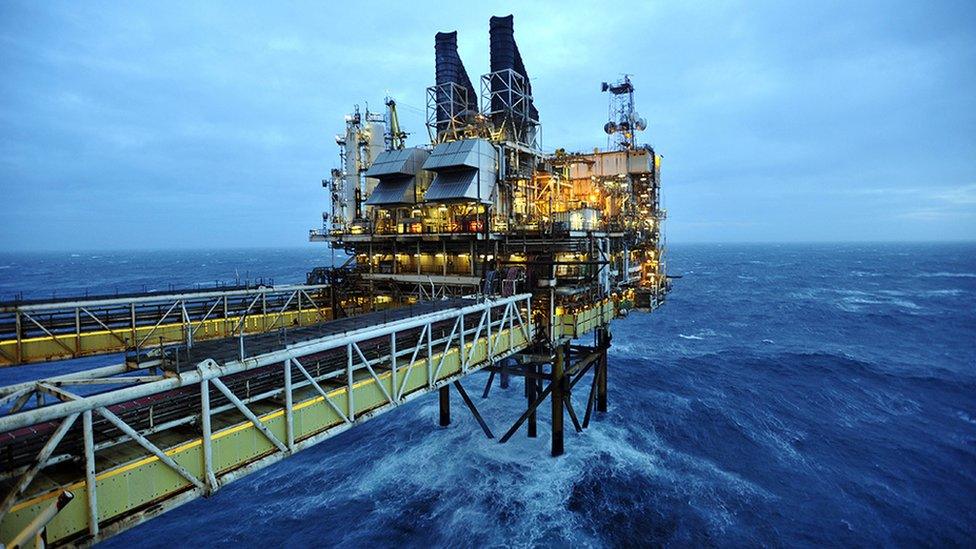
- Published5 August 2021
